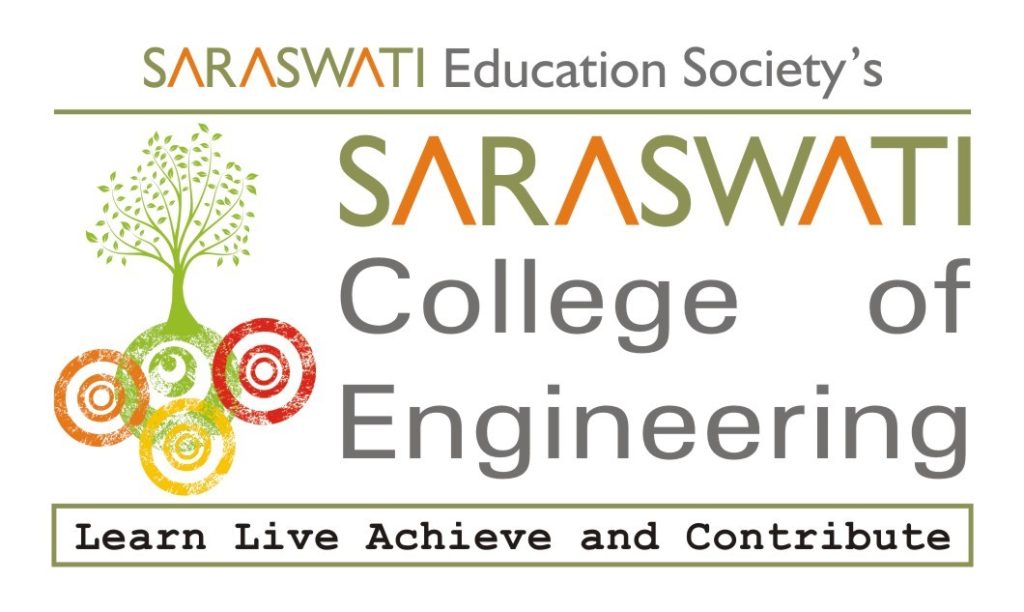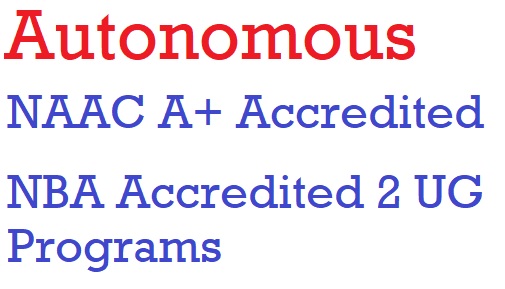Scope of Automobile Engineering in India 2025 – Skills, Careers, & Trends
Introduction
India’s automobile sector is entering a transformative era. The leap in automobile advancement has been remarkably proficient. Whether it’s designing next-generation EVs, designing 5G-connected cars, or developing sustainable manufacturing solutions, the leap in automobile advancement has been remarkably proficient. Automobile engineering today spans far beyond traditional combustion engines. It now integrates mechanical design, electrical systems, advanced software, and safety technologies.
India’s updated EV policy post-2025, combined with ambitious sustainability targets and rapid technology adoption, is reshaping the automobile industry from design studios to factory floors. For automobile engineers, the possibilities now stretch far beyond traditional combustion engines.
The industry’s growth is not only global but also deeply rooted in India’s regional ecosystems like the Pune-Mumbai industrial corridor, where companies such as Tata Motors and leading Tier-1 suppliers are shaping the future of mobility. This blog will guide you through current trends, career paths, emerging technologies, and why Saraswati College of Engineering (SCOE), situated strategically in Navi Mumbai, can be your gateway to thriving in this exciting field.
What is Automobile Engineering?
Automobile engineering bridges innovation and practicality: a sub-domain of engineering that blends mechanical precision, electrical systems, software intelligence, safety engineering, and materials science disciplines.
Mechanical engineers optimize chassis dynamics, electrical engineers design EV powertrains, software developers refine advanced driver-assistance systems (ADAS), materials experts explore lightweight composites like bamboo-reinforced panels, and safety engineers design innovative safety systems that save lives.
Skills & Tools You Need
Students must blend technical mastery with adaptability. Below is a snapshot of key roles, core skills, and the tools that bring designs to life:
| Role | Core Skills | Tools & Software | Typical Deliverables |
| EV Powertrain Engineer | Motors, inverters, BMS basics, thermal mgmt | MATLAB/Simulink, CANalyzer | Powertrain models, test reports |
| Design (Body & Trim) | GD&T, DFM/DFA, ergonomics | CATIA, SolidWorks, AutoCAD | 2D/3D models, BOM, assemblies |
| CAE/CFD Analyst | FEA, fatigue, aerodynamics, thermodynamics | ANSYS, HyperMesh, STAR-CCM+ | Simulation data, performance maps |
| ADAS/Autonomous Systems | Sensors, control systems, AI/ML basics | Python, ROS, OpenCV | Algorithm prototypes, test logs |
| Manufacturing Engineer | Lean, Six Sigma, PLC fundamentals | Ignition/TIA Portal, MES tools | Process plans, line balancing |
| Quality & Testing | SPC, PPAP, FMEA, ISO standards | Minitab, LabVIEW | Validation reports, CAPA actions |
Scope and Current Trends
Even if we look at the numbers, the figure is overwhelming. As per reports, there’s an estimated surge of 20% CAGR in India’s electric vehicle market. And by 2030, the market is set to touch the mark of $110 billion. Add to that 17.5 million vehicles rolling off Indian assembly lines each year, and it’s clear the future of mobility isn’t just growing; it’s accelerating.
Electrification and Alternative Fuels
In the electric vehicle segment, hydrogen fuel cells and hybrid technologies are emerging as vital complements. Engineers who understand battery management systems (BMS), thermal regulation, and charging infrastructure will be pivotal to India’s goal of widespread EV adoption.
Artificial Intelligence and Smart Manufacturing
The integration of artificial intelligence in autonomous vehicle drives has propelled the scope in the respective segment. Automobile engineers with coding skills and mechanical expertise are becoming essential in these data-driven environments, reducing maintenance and manufacturing costs and downtime while increasing safety.
5G-Connected and Autonomous Vehicles
The vision of having a connected ecosystem of cars that communicate with one another, and with smart city infrastructure, has been expanding in sync with the 5G network. Advanced driver-assistance systems (ADAS), real-time over-the-air updates, and next-generation navigation are creating new roles for engineers specializing in connectivity and systems integration.
Regional Advantage: Pune–Mumbai Corridor
The Pune–Mumbai industrial corridor is one of India’s most dynamic automotive hubs, housing giants like Tata Motors and a network of Tier-1 suppliers. For students at Saraswati College of Engineering (SCOE) in Mumbai, this proximity offers unparalleled access to internships, industrial visits, and mentorship opportunities that provide a real-world edge.
Career in Automobile Engineering
With India’s auto market heading past $110 billion by 2030, and global forecasting opportunities exist at every stage of the mobility value chain – from designing electric drivetrains to testing autonomous systems and managing smart factories.
| Experience | Sample Roles | Key Responsibilities | Core Skills / Tools |
| Entry-Level | Production Engineer, Quality Analyst, CAD Designer, Service Engineer | Assembly line support, component testing, service diagnostics, CAD modeling | SolidWorks/CATIA, GD&T, basic PLC, QA methods |
| Mid-Level | EV Powertrain Engineer, ADAS Validation Engineer, Supplier Quality Manager, AI/IoT Integration Specialist | EV battery and BMS optimization, autonomous system validation, supplier audits, connected-vehicle data analytics | MATLAB/Simulink, CANalyzer, Python, FMEA, digital twins |
| Senior / Lead | R&D Lead, Mobility Solutions Architect, Manufacturing Head, Sustainability Engineer | Product innovation, cross-functional leadership, strategic planning, and advanced manufacturing integration | System design, hydrogen fuel cells, AI for predictive maintenance, leadership & project management |
Why choose Automobile Engineering at SCOE?
Choosing where to study automobile engineering is as critical as choosing the field itself. Saraswati College of Engineering (SCOE) holds NAAC A+ accreditation and has NBA-accredited undergraduate programs, affirming its commitment to delivering education that meets the highest national standards.
As an autonomous institute, SCOE has the flexibility to update its curriculum quickly, ensuring students learn the latest in electric vehicle technology, AI integration, and sustainable manufacturing practices rather than outdated concepts.
Hands-On Learning and Innovation
- State-of-the-art laboratories with CAD/CAE tools, testing rigs, and EV components give students real-world technical exposure.
- Participation in EV projects and go-kart building competitions fosters teamwork, problem-solving, and leadership.
- SCOE encourages mini-projects and industry collaborations to bridge classroom knowledge with industrial applications.
Strong Placement Ecosystem
- 15,000+ alumni network spread across industries, providing guidance and connections.
- Recruiter network includes Tata Motors, L&T Infotech, IBM, TCS, HP, HDFC Bank, Kansai Nerolac, and Infosys.
- Dedicated placement support equips students to step directly into core automotive roles, EV startups, or mobility tech firms.
Saraswati College of Engineering (SCOE) distinguishes itself through a powerful combination of academic excellence, industry exposure, and hands-on learning opportunities that align with the future of mobility.
Conclusion
For students eager to design EV powertrains, develop autonomous systems, or innovate sustainable materials, automobile engineering provides a front-row seat to the future of mobility. It is a field that rewards curiosity, cross-disciplinary learning, and a drive to solve real-world problems.
Whether your goal is to join an EV startup, work with global OEMs, or pioneer research in sustainable mobility, automobile engineering opens the door – and SCOE gives you the keys to drive confidently into the future.
By choosing SCOE, aspiring automobile engineers position themselves at the center of India’s booming automotive industry, gaining the skills, experience, and network to thrive in an era of smart, sustainable, and connected mobility.
FAQs
- Is automobile engineering a good career choice in 2025?
Yes. With India’s booming EV market, AI-driven vehicles, and $300B+ industry forecast, automobile engineering offers excellent growth, diverse roles, and global opportunities. - What salary can automobile engineers expect in India?
Entry-level salaries average ₹3–5 LPA, mid-level ₹7–12 LPA, while senior engineers and specialists in EV, ADAS, or R&D can earn ₹15 LPA or more. - Which software tools should students master first?
Start with CATIA or SolidWorks for design, MATLAB/Simulink for simulations, and learn CAN bus basics—skills most sought by EV and autonomous vehicle recruiters. - How is Navi Mumbai advantageous for automobile engineers?
Its proximity to the Pune-Mumbai automotive corridor connects students to Tata Motors, Tier-1 suppliers, internships, and networking opportunities unavailable in many other regions. - Can mechanical engineers transition into EV or ADAS roles?
Absolutely. Upskilling in BMS, vehicle connectivity, AI applications, and hands-on EV projects allows mechanical engineers to pivot into cutting-edge mobility technologies seamlessly.


